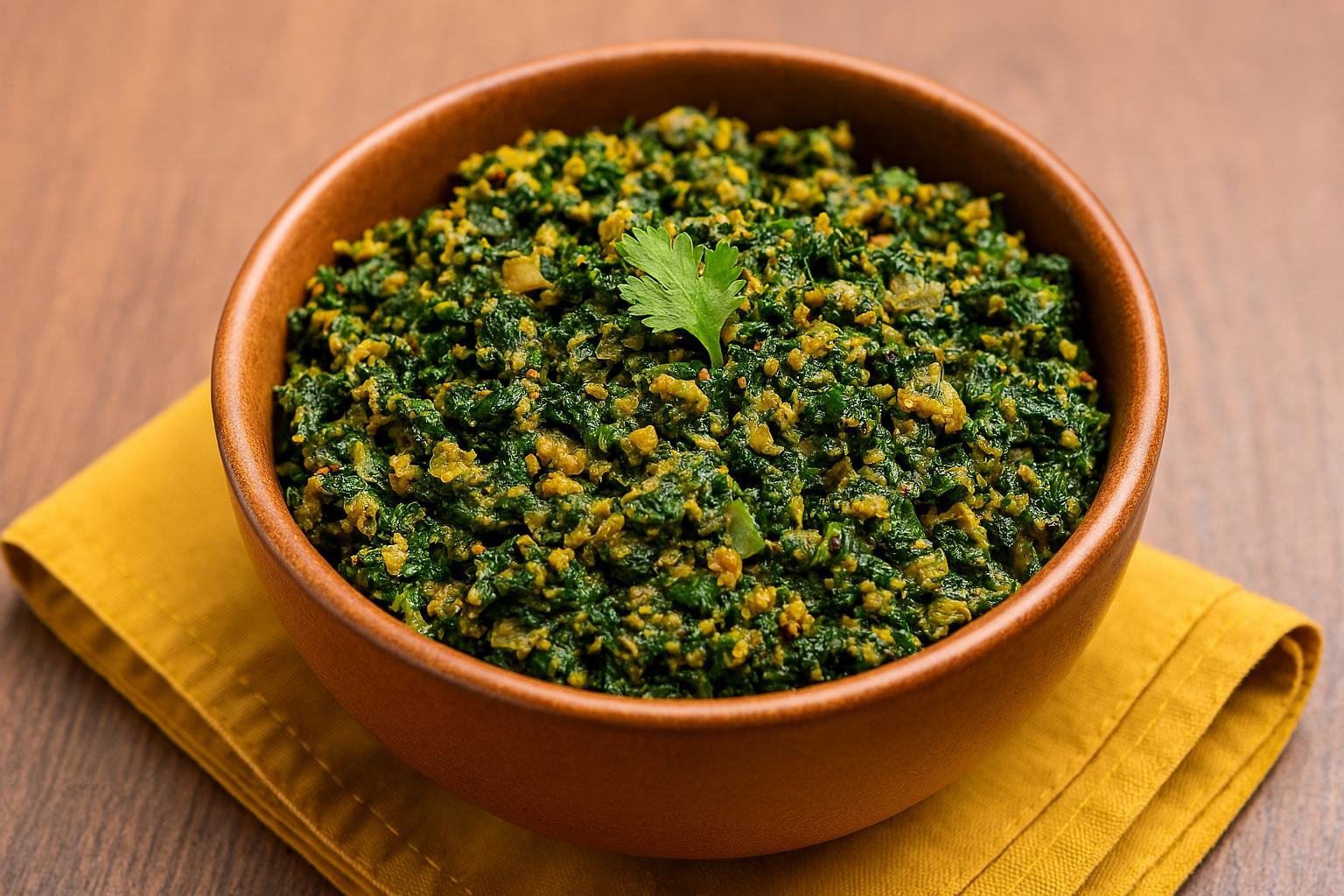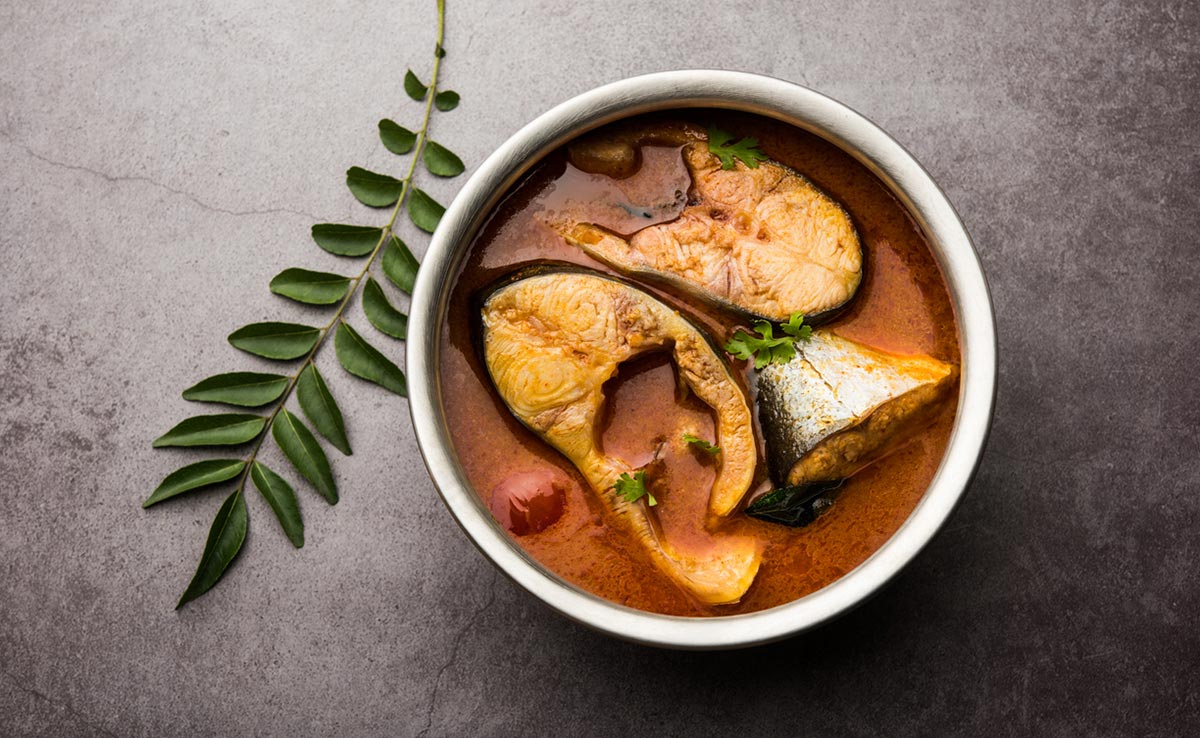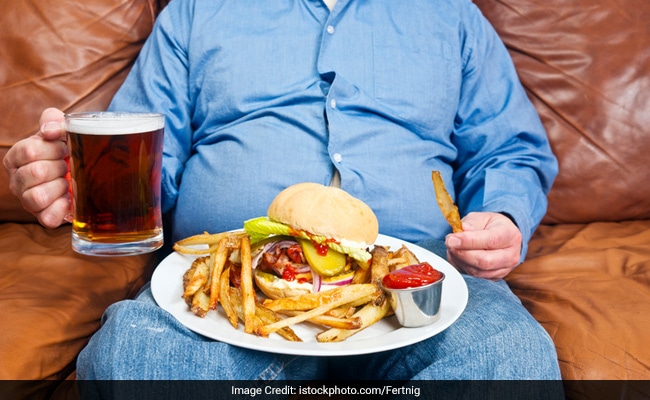We are what we eat! A healthy and balanced diet is synonymous to good health. However, what we see in India and elsewhere is more and more people getting unfit, further giving rise to metabolic disorder like high blood pressure, high cholesterol, cardiovascular diseases, diabetes, knee and hip problems, reduced mobility etc. While sedentary lifestyles have led to such health problems, our eating habits like what we eat and how we eat, take the lion's share of the blame. Becoming more physically active is helpful, but eating right could make a lot of difference as well.
Healthy Eating Tips
1. Vegetarians Who Don't Eat (Green) Vegetables!
Many vegetarians eat rice-based meals (particularly polished, white rice). Plain white rice, coloured/flavoured rice, biryani, dosa, idli, etc. are favoured over brown rice. Millet-based and other grain-based dishes like puttu or koozhu, once commonly eaten, are shunned since they are not 'fashionable'. People turn up their noses to super-healthy indigenous veggies like lady's finger, brinjal, avarai, kothavarai, etc. in favour of potato-based curries. Healthier veggies like capsicum, beans, cauliflower or cabbage are taken only in limited amounts. It's common to see meals like these: a large amount of rice, eaten with limited amounts of vegetables; a healthier meal would contain as much veggies as rice.
2. Snacking As Much As Eating!
Whether out of boredom or due to a need to socialise, we devour savoury fried snacks like samosas, chaat, murukku/chakli, bondas, bajjis, vadas that pack in a lot of fat and carbs, and/or sweets that have a lot of sugar. We eat them every few hours along with milky tea or coffee (with sugar). Gulab Jamuns are an egregious example. Basically fried dough and milkfat chilled in sugar syrup; two balls have about 387 calories. You will have to jump rope for 40 minutes to burn them off. If you take some savoury snack like murukku along with it (to take the edge off the sweetness), that's another 200 calories. Then drinking a cup of coffee with milk and sugar, to top it off, packs another 150 calories. You've just consumed the equivalent of a full meal!
3. Non-Vegetarians Who Want Every Meal To Be A Meat-Lovers' Delight!
This is true especially for those who frequent 'western' fast-food joints. The body only needs a certain amount of protein; anything above that has to be processed and 'handled' by the kidneys, liver, etc. The extra protein puts a strain on them, and over time, the organs involved wear out and that create health problems. These problems are preventable - by eating no more than what is required or by substituting non-meat proteins. Some non-meat complete proteins include eggs, milk, cheese, yogurt, soy and quinoa. You can also pair up certain incomplete proteins to get complete proteins - like beans and rice, a staple of many cultures.
4. We Don't Drink Sufficient Water
More than water, we drink sugary soft drinks or sweetened juices. A 375 ml can of cola has 10 teaspoonfuls of sugar! Every can is a loaded bomb aimed at your pancreas. It is indeed lamentable that when a free, zero-calorie, healthy, life-sustaining drink is readily available, we often pay for a more 'fashionable' soft drink. The marketers have convinced us that our self-image is better with a can in hand. Fruit juices are only slightly better than colas - they contain natural sugars like fructose, but sugar is sugar! Better to eat the fruit than drink the juice - the fruit has a lot of fibre and other nutrients that are lost when juiced.
5. Eating Is A Competition!
May be this was true in the stone-age - when food was scarce and people had to fill up whenever it was available and eat more than the other guy. When food is plentiful (as it is in this day and age, especially at festivals, parties, celebrations or buffets), there is no need to out-eat the other guy. If we are paying, we try to eat as much as we can - to make sure we 'get our money's worth'. If it's free, great - then we fill up anyway!
6. Overeating
Overeating is one of the main causes of weight gain. At restaurants, you can pack and take leftovers home, or better yet, pack half the meal (for later) even before eating. No need for waste, however, just take enough for each meal and reserve the rest.
7. Multi-Course Meals Are The Norm
We eat three or four-course meals. In the south, we eat sambar rice, then rasam rice, then curd rice, along with some vegetable curry or kootu, and we also take fried apalam or vada. Frequently we also take some salt-laden pickle. Each course may appear small in itself, but they add up to a pretty big meal. It's hard to be mindful when eating multi-course meals; makes it difficult to control the total intake.
Modifying these meals will help. Stick to only one plate - no refills or second helpings. Rice should not exceed 1/3rd of the plate, and the rest of the plate should be vegetables and protein. Take the rice and sambar. Drink the rasam in a cup instead of mixing it with rice. Drink buttermilk instead of having curd rice. Or set aside some of the rice for rasam-rice and curd-rice.
8. We Don't Chew, We Just Swallow
Eating fast without chewing food properly can cause a toll on your overall health. Our stomachs are very likely full well before our brains have a chance to sense the fullness. So, we end up overeating. It takes about 20 minutes for the 'tank full' signal to reach the brain, which then tells us to stop eating (not that we listen, we continue to eat even after we are full). If we can slow down the initial eating - by taking smaller mouthfuls, chewing at least 20 times and eating the fibre-laden food (like vegetables) first, it will give more time for the 'full' signal to develop, with less food consumed overall.
9. We Don't Relax When Eating
We gobble something convenient (but unhealthy) for breakfast in a hurry, as we are getting ready for the work day or grab some fast-food on the way and eat it while driving or traveling. We eat in a state of stress, in the presence of stress hormones like cortisol which affects metabolism and increases fat storage. Taking the time to have a relaxed meal enables you to be mindful about what you're eating, which helps the body process the food much better.
10. We Don't Cook, We Eat Out
Actually, we don't even eat out! A number of food delivery companies bring to your door, pretty much anything you want to eat in 30 minutes or less! Restaurant food tends not to be healthy, and you have no idea what's in it: the oil may be old (and full of carcinogens), the veggies may be wilted and there may be added artificial flavouring and colour - you really don't know what you're eating.
When you cook, you know what's going into the food. You can select fresh vegetables and other ingredients of good quality, and you can be mindful about how much salt, fat and sugar you put in it. But it takes time, energy and commitment, which is difficult to garner when you're running around all day. It's worth a try - to cook as many meals as possible and only eat out when absolutely necessary.
11. Eating All Day Long
The human body can properly metabolise 2 or 3 meals a day; it cannot handle continuous feeding. A recent study found that we eat over a period of almost 15 hours a day. That leaves 9 hours; assuming we sleep for 7 hours, we are pretty much eating all the time.
Breaks give the organs time to recover after processing and metabolising a meal. Without breaks, the organs have to work continuously, and over time will get exhausted and give out, leading to all sorts of chronic health issues. Give your body a rest!
12. Our Recipes Are Not As Healthy As They Can Be
Ingredients are important, but even more important are the methods of preparation. Food labels are good (if we look at them before we buy the products at the supermarket). Restaurant preparations are even more difficult to gauge. A general rule of thumb is to favour foods made with whole grains, along with a limited amount of your choice of protein, prepared by boiling, poaching, baking, broiling, braising, roasting, grilling, steaming, stewing, etc., rather than those made with refined flour or processed grains, and prepared by deep-frying, pan-frying, stir-frying, shallow frying, etc. Avoid foods that are buttered, creamed, scalloped, au gratin, cheesy, crisped, etc.
Fresh or frozen vegetables, whole grains and low-fat preparation methods are key. When you eat deep-fried refined white flour-based pooris with aloo (potato) masala or curry, you are asking for trouble. When you eat more than three small pooris, you're really taxing your body.
Phulkas made from whole wheat, prepared using almost no oil are a lot healthier. Ditching the aloo and going with a dal or channa/chole makes for a much better meal. Your body can handle the reduced fat and carbs more easily.
You Can Change Your Eating Habits:
- Make substitutions in order to properly proportion macronutrients (carbs, protein, fat, fibre etc.) for your body profile and take no more than the adequate amount of protein.
- Don't slurp and swallow. Eat slowly, chewing each mouthful at least 20 times before swallowing.
- Change the order of eating - first drink some plain water, then eat half of the veggies, then a little of the rice (or main dish), then the rest of the veggies, then as much as you need to feel satiated.
- Stop eating when you are satisfied.
- Eat at the same times every day, and try to eat all your meals within a 10-hour period.
So without further ado, keep in mind these above-mentioned points and try to improve your lifestyle habits.
Anand Subra is the Chief Knowledge Officer & Co-Founder of Purple Teal Inc.
Disclaimer: The opinions expressed within this article are the personal opinions of the author. NDTV is not responsible for the accuracy, completeness, suitability, or validity of any information on this article. All information is provided on an as-is basis. The information, facts or opinions appearing in the article do not reflect the views of NDTV and NDTV does not assume any responsibility or liability for the same.










